4th EdTech Roundtable with European Commissioner Mariya Gabriel
We would like thank Mariya Gabriel (European Commissioner for Innovation, Research, Culture, Education and Youth) for the work she has done in promoting and creating understanding for the European Edtech landscape. It has been a huge support in elevating the possibilities for EdTech within Europe. Looking at success factors supranationally, we have found five clear points that need to be set up to ensure the sustainability of success:
1. Common or clear definitions: these are of things like how EdTech providers, education institutions and educators can interact and support each other, and also things like workable standards which are aligned internationally (including the interoperability not only of technical solutions, but also of things like certification practices or quality assurance mechanisms).
2. A supported balance between mature and agile innovation stakeholders: this means exploring things like ensuring certification measures are supportive of small and middle sized enterprises as we know from our recent edtech map report, that just under 70% of all edtech companies in Europe are micro organizations which have different challenges than larger and more established ones. This could also include support mechanisms like the Finnish ministry funding initiative where payment was directly tied to international expansion milestones.
3. Fundamental respect for the strengths of each stakeholder group: also includes things like common Financing and purchasing mechanisms that recognize the expertise that is needed to develop high quality resources and tools. It also means both public and private respecting each others strengths in the development of new systems
4. Transparency: this goes in both directions. Transparency for decisions and practices and transparency about how systems and tools work and their intent.
5. The development of dedicated spaces to try and test out necessary changes: testing and strategy lab, methodologies
Already, European EdTech is proving itself to be really innovative and applicable on an international stage. The majority of European EdTech is not only developed for the local situation but also to support fundamental and widely applicable issues, which means, if we can facilitate some of these key structures and mechanisms I just listed, we are paving the way for more sustainable and successful expansions.
